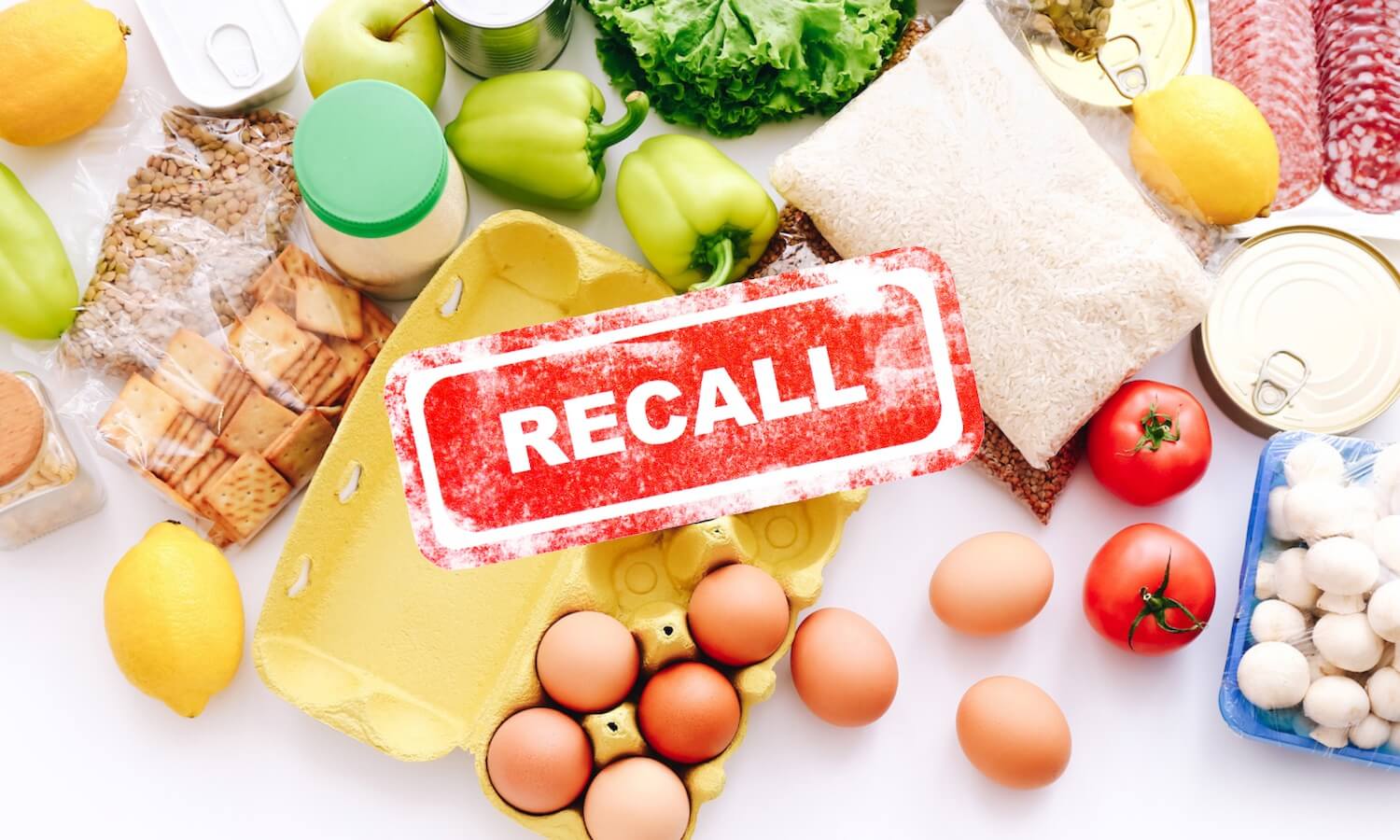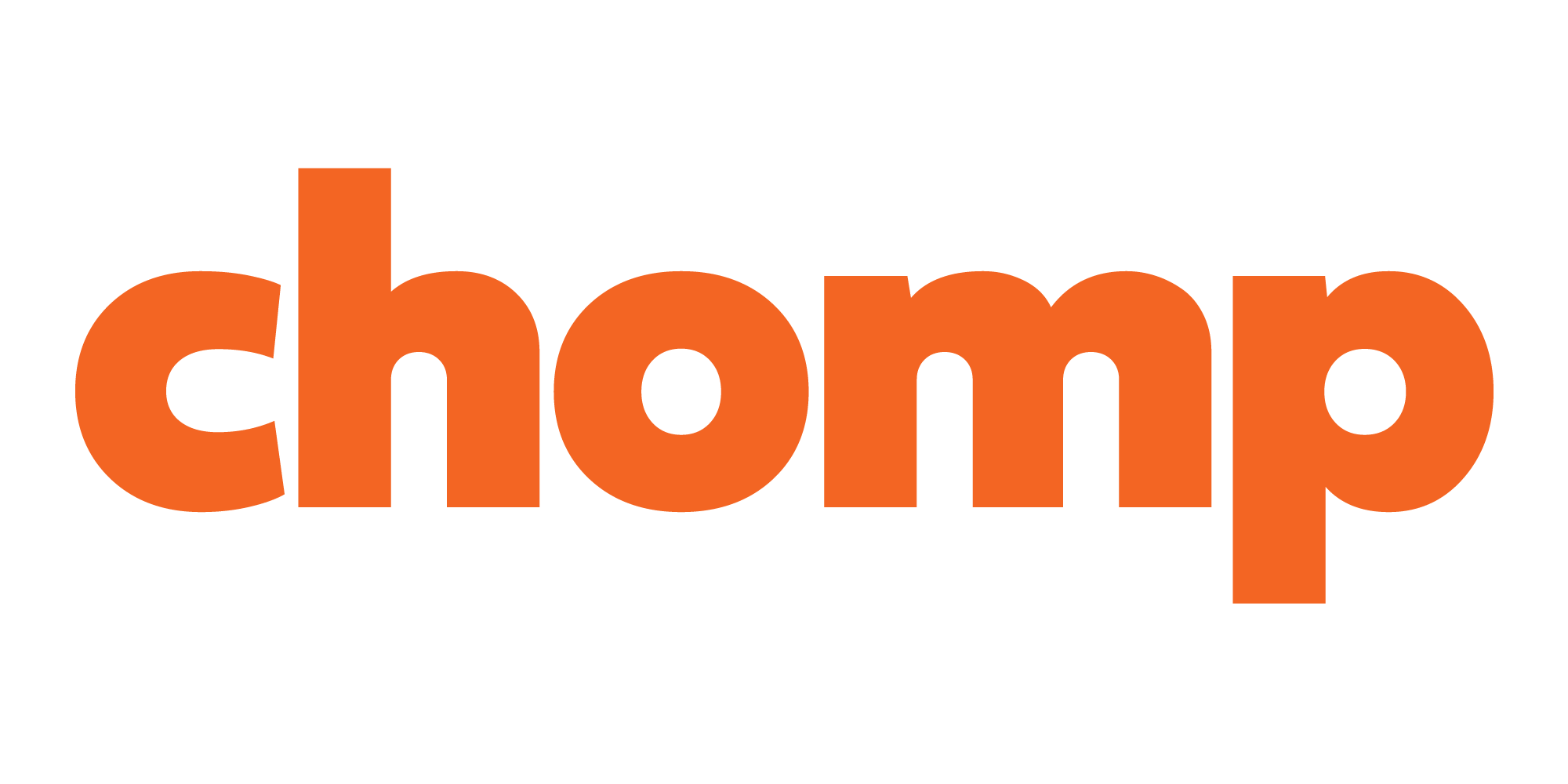
Food recalls: why they're important and what you need to do
To minimise the effect and damage to your food business, tracking, monitoring and taking action quickly on food recalls is essential.
Food recalls occur when food products are deemed unsafe for consumption, usually due to contamination or other safety issues. The Ministry for Primary Industries (MPI) in New Zealand, and Food Standards Australia & New Zealand (FSANZ) in Australia, issue food recalls when necessary. It is your responsibility as a food business to ensure that any affected products are removed from your inventory and disposed of safely.
Food businesses include any business, enterprise or activity that involves the handling of food such as a restaurant, cafe, bar, school canteen, food truck, ghost kitchen, aged care facility, hospital, supermarket or petrol station. This includes commercial, charitable, non-profit and community organisations.
It is important to record and document the management of food recalls in your food business for several reasons:
1. Protecting your customers
The primary reason for tracking and managing food recalls is to protect your customers from potentially harmful food products. Failing to remove contaminated or unsafe products from inventory, runs the risk that these products are served to customers, which could result in illness or even death. Removing any recalled products quickly demonstrates a commitment to customer safety.
2. Maintaining a positive reputation
In the hospitality industry, reputation is everything. A single incident of food borne illness can damage your venue’s reputation, resulting in lost business and negative publicity. Recording and managing food recalls shows that you take food safety seriously, helping to maintain a positive reputation among customers and the wider community.
3. Compliance
Food safety auditors and verifiers will want to view records of how a food safety recall has been managed. Having a system in place to do this demonstrates compliance with food safety regulations, traceability and recall procedures, avoiding any potential fines or legal issues.
Chomp’s food safety app food recall feature offers an easy and quick way to record details of food recalls and relevant actions that have been taken.
4. Minimising financial losses
Food recalls can result in significant financial losses. By tracking and managing food recalls, affected products can be quickly identified and removed from inventory, minimising the financial impact of the recall.
5. Staff training and preparedness
Documenting food recall procedures helps to train your team effectively, making sure that everyone knows their role during a recall. Being prepared minimises confusion, increases efficiency, and builds confidence in handling such situations ensuring that when the situation arises, it is managed as quickly and smoothly as possible.
Simulating a food recall
In New Zealand, all businesses registered under the Food Act must carry out a simulated food recall every 12 months. This rule came into effect 1st July 2023.
This is an excellent way to ensure that you have all necessary processes in place allowing you to react quickly, confidently and effectively when a genuine food recall occurs. MPI has an extensive guide on how to simulate a food recall in your food business.
See if your business is required to do a simulated food recall.
Recording and managing food recalls is a vital aspect of running a food business. It protects customers, maintains a positive reputation, ensures compliance with regulations, and minimises financial losses.
Every hospitality business should have a clear plan in place for dealing with food recalls, including procedures for identifying affected products, communication with staff, suppliers and customers if necessary, disposal of affected food and ensuring that everything is recorded.

